Choosing the Right Glass: A Clear Guide to Modern Glass Types for Your Home or Business
Glass is more than just a transparent surface—it plays a crucial role in energy efficiency, safety, design, and privacy. Whether you’re installing new windows, renovating your bathroom, or upgrading your shopfront, choosing the right type of glass is essential for performance and style. With so many options available, it can be challenging to know which glass best suits your needs.
In this comprehensive guide, we’ll break down the most popular types of glass used in residential and commercial glazing. From toughened safety glass to decorative privacy glass, we’ll explain what each option offers and where it’s most commonly used. If you're planning a glazing project in Stevenage, St Albans, Watford, Harpenden or surrounding areas, this guide is for you.
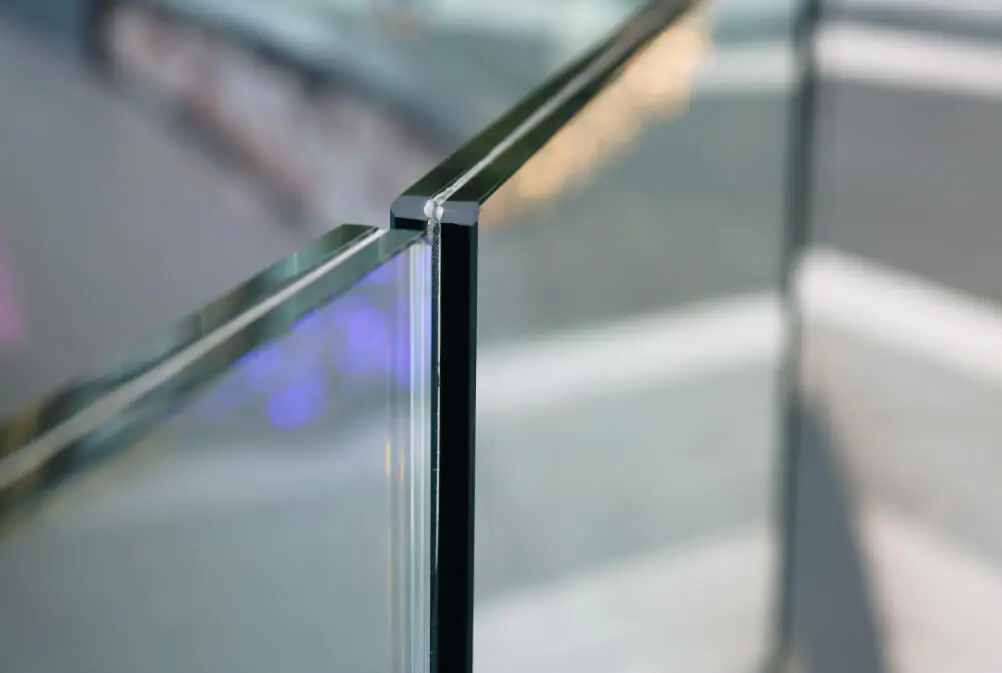
Acoustic Glass
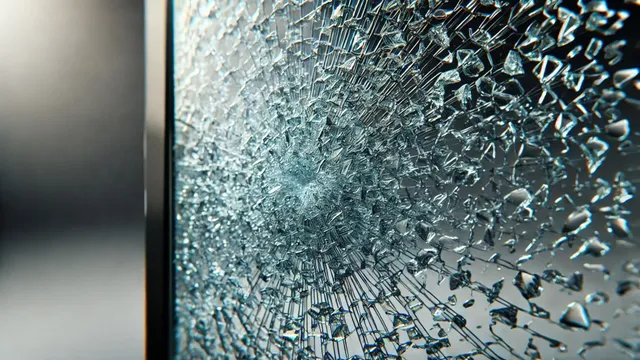
Shattered Toughened Glass
Float Glass
Float glass is the most common type of basic glass, created by floating molten glass on a bed of molten tin. It forms a uniform thickness and flat surface, making it ideal for general glazing, mirrors, and as a base for other processed glass types. Although float glass is versatile, it's not particularly strong or safe in its raw form, which is why it's often toughened or laminated before use in buildings.
Toughened (Tempered) Glass
Toughened glass, also known as tempered glass, is heat-treated to increase its strength up to five times compared to standard glass. When broken, it shatters into small, blunt pieces rather than dangerous shards, making it a top choice for safety applications. Toughened glass is widely used in shower screens, glass doors, balustrades, shelves, and public areas where strength and safety are essential. It’s also required by UK Building Regulations in specific installations, such as near floors or in bathrooms.
Laminated Glass
Laminated glass is made by bonding two or more layers of glass together with a clear plastic interlayer, usually polyvinyl butyral (PVB). This structure holds the glass together even when shattered, preventing injury and maintaining a barrier. It’s ideal for security glazing, overhead installations (like skylights), and areas prone to impact. Laminated glass also offers UV protection and noise reduction, making it a favourite for high-performance windows and shopfronts.
Low-E Glass (Low Emissivity Glass)
Low-E glass is designed for energy efficiency. It has a microscopic coating that reflects infrared heat while allowing natural light to pass through. This helps keep heat inside during winter and outside during summer, reducing your energy bills and improving thermal comfort. Low-E glass is typically used in double and triple glazing units and is essential for anyone looking to improve their home’s insulation and comply with modern energy efficiency standards.
Obscure and Patterned Glass
Patterned or obscure glass is commonly used when privacy is a concern. It features a textured or decorative design that distorts visibility without blocking light. Popular in bathrooms, front doors, and office partitions, this type of glass is available in a variety of designs—from simple frosted finishes to intricate floral or geometric patterns. Obscure glass is often toughened for safety and can be incorporated into double glazing units.
Wired Glass
Wired glass contains a visible mesh of wire embedded within the glass during manufacturing. While it's not as strong as toughened or laminated glass, it offers fire resistance and is traditionally used in fire-rated doors and partitions. Wired glass helps hold the pane together under extreme heat, which can slow the spread of flames and smoke. It is being phased out in many applications in favour of modern fire-rated glass alternatives.
Acoustic Glass
Acoustic glass is designed to reduce noise transmission. It usually consists of two or more layers of laminated glass with a specially engineered interlayer that blocks sound waves. Acoustic glass is ideal for properties near busy roads, train lines, or airports. It's often used in combination with energy-efficient glazing and offers both sound insulation and impact resistance.
Fire-Rated Glass
Fire-rated or fire-resistant glass is designed to withstand high temperatures and help prevent the spread of fire and smoke. Depending on the product, fire-rated glass can offer integrity (holding its shape), insulation (blocking heat), or both, for 30, 60, or even 120 minutes. It’s essential in stairwells, corridors, and commercial settings where building regulations demand enhanced safety.
Tinted and Solar Control Glass
Tinted glass is created by adding metal oxides during the manufacturing process, giving the glass a subtle colour—grey, bronze, blue, or green. Tinted and solar control glass reduce glare and UV penetration, helping to maintain a cooler indoor temperature during summer months. These are excellent choices for conservatories, office buildings, and homes with large south-facing windows.
Mirror Glass
Mirror glass is float glass with a reflective coating on the back, typically silver or aluminium. It’s commonly used in bathrooms, wardrobes, gyms, and commercial interiors. Custom-cut mirrors can be made in a variety of sizes and edge finishes, and safety backing is recommended for areas where breakage could pose a risk.
Self-Cleaning Glass
Self-cleaning glass is coated with a thin layer of photocatalytic and hydrophilic materials. When exposed to sunlight, these coatings break down dirt, which is then washed away by rain. This technology is ideal for skylights, conservatory roofs, and hard-to-reach windows, reducing maintenance and keeping your glazing clear year-round.
Glass for Every Application
At Ideal Glass Limited, we supply and install a full range of residential and commercial glazing solutions throughout Hertfordshire and beyond. Whether you're upgrading to energy-efficient double glazing, need toughened glass balustrades, or are fitting out a shopfront with laminated safety glass, our team is here to advise on the best options for your needs.
We work with homeowners, landlords, builders, and architects across Watford, Stevenage, St Albans, Harpenden, and nearby areas to deliver glazing that meets today’s safety, style, and energy standards.








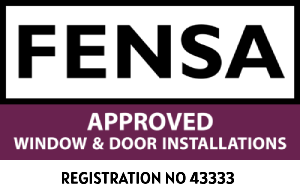
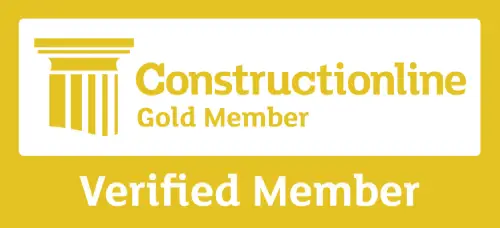


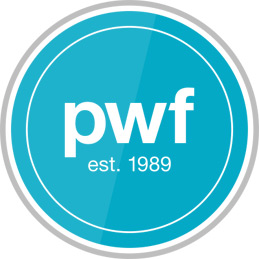
Great post! Glazing is such an important aspect of both aesthetics and energy efficiency in modern buildings. It’s amazing how the right glass choices can completely transform a space while also improving insulation and reducing noise. Thanks for sharing!